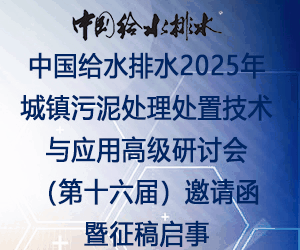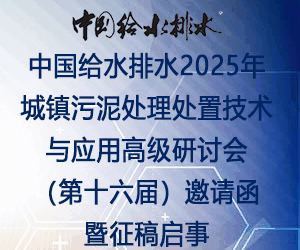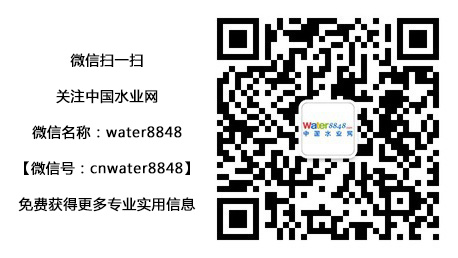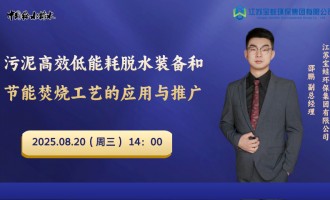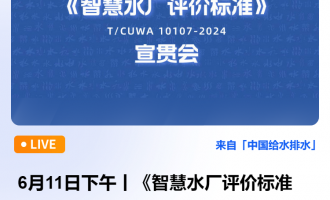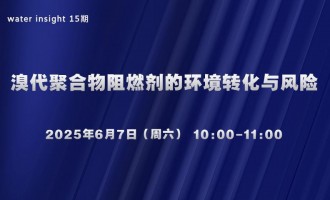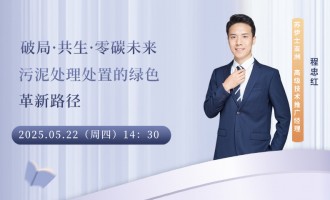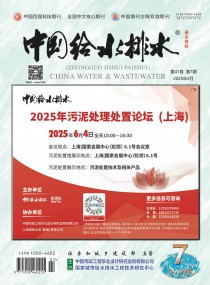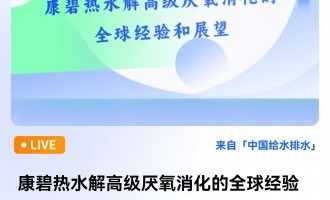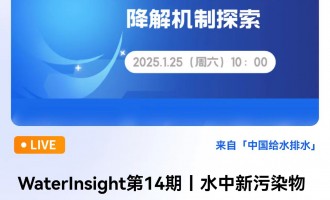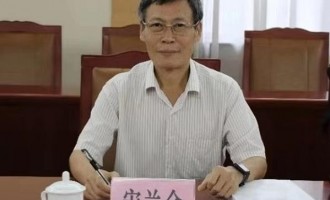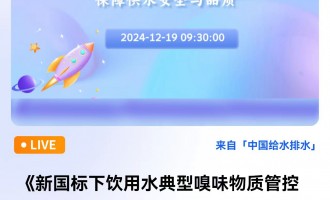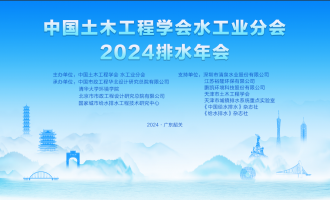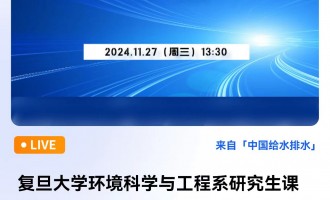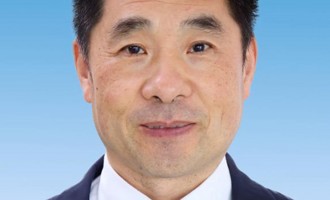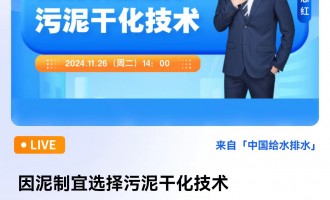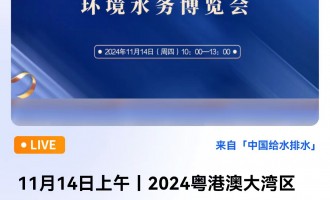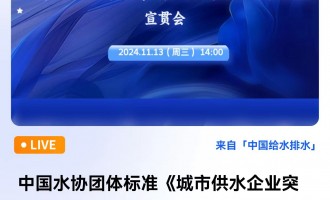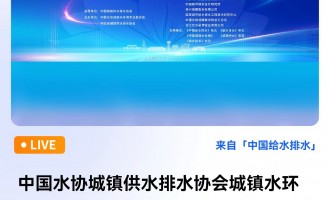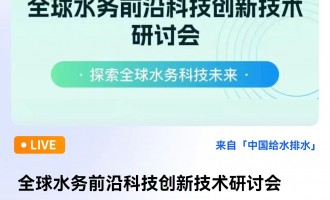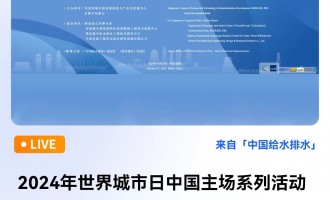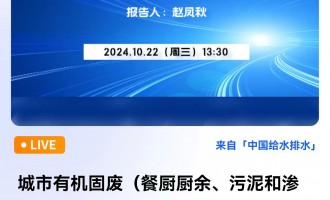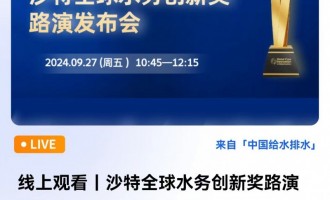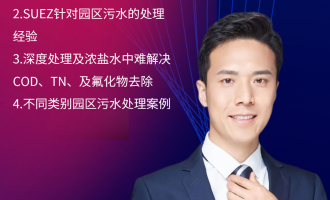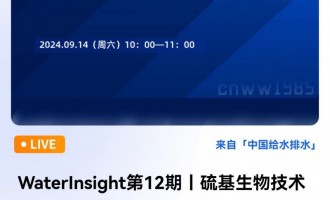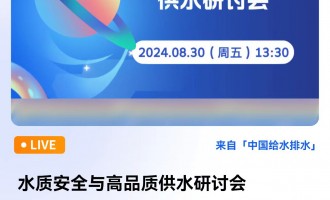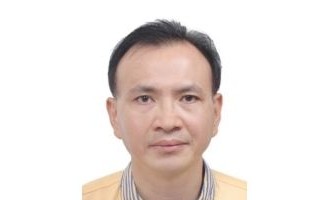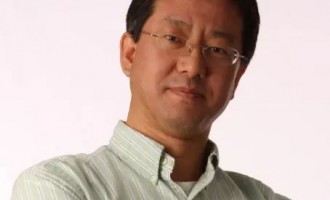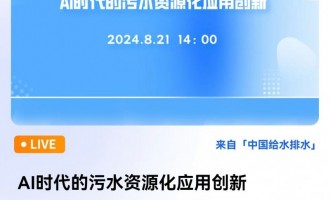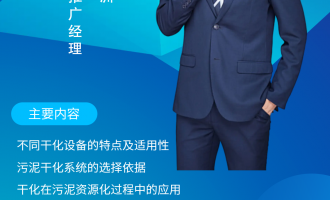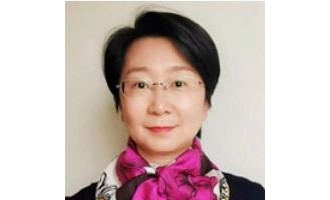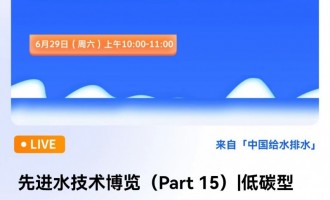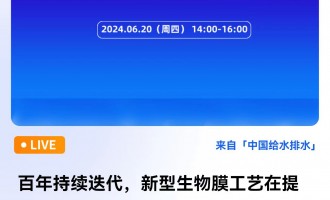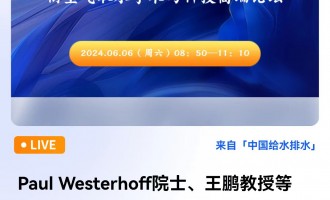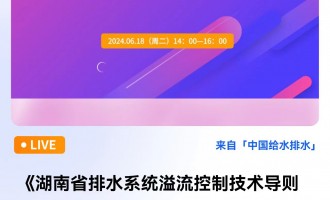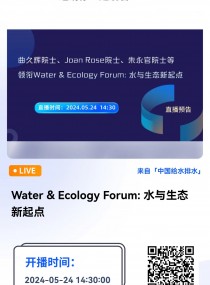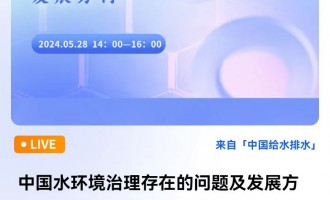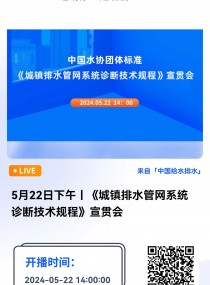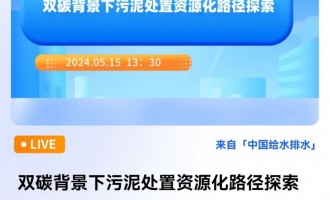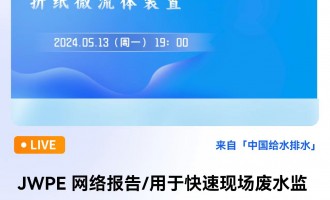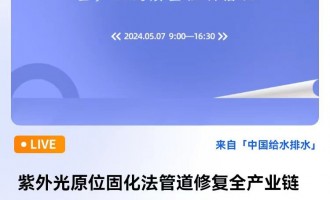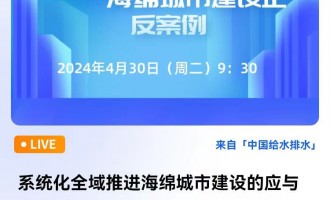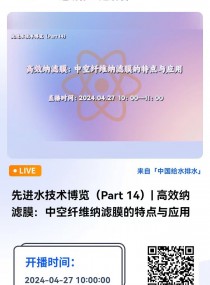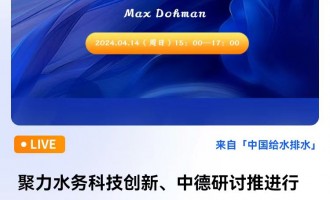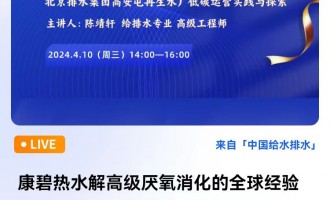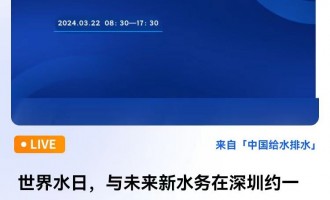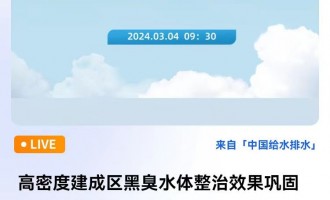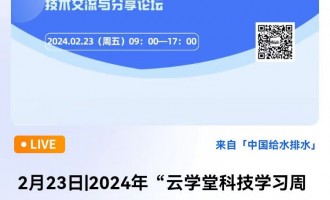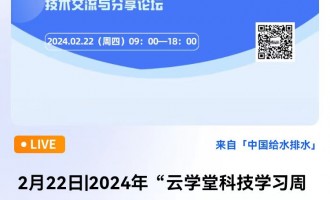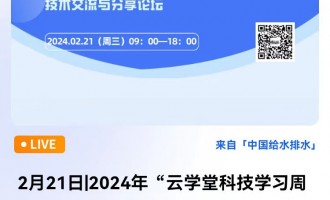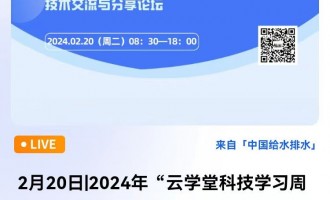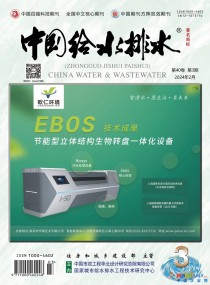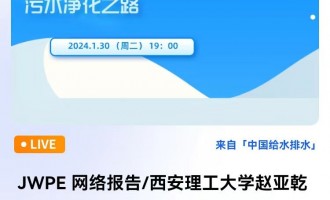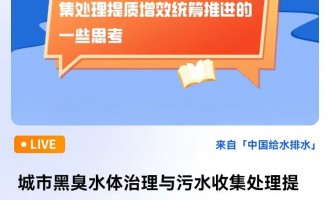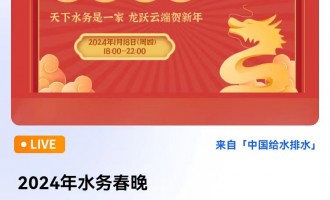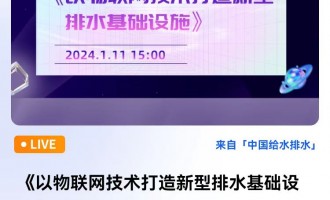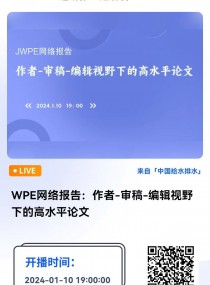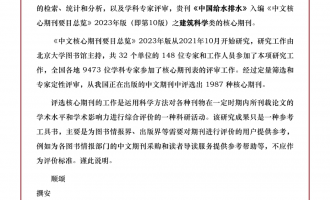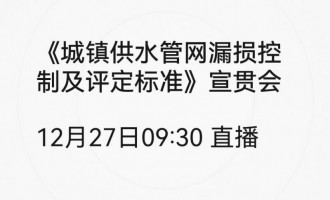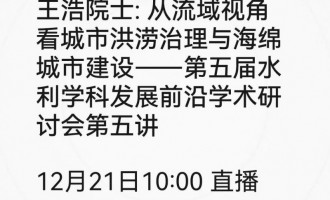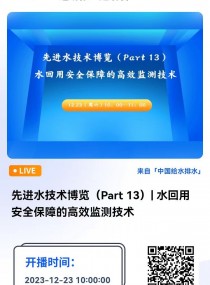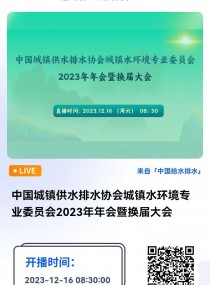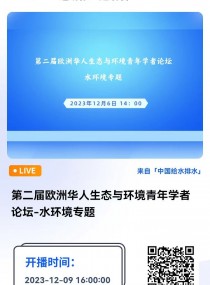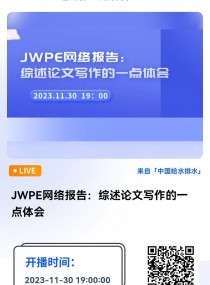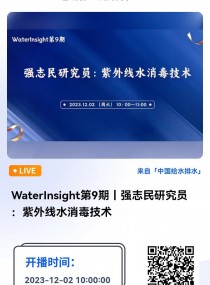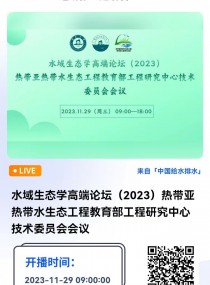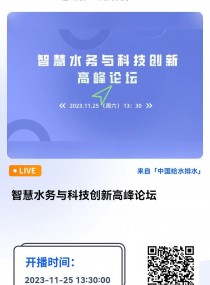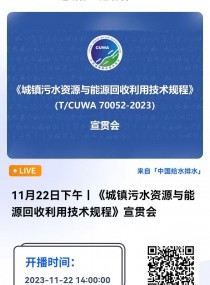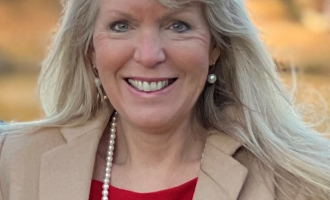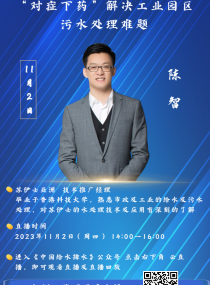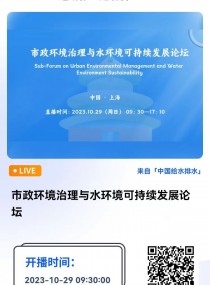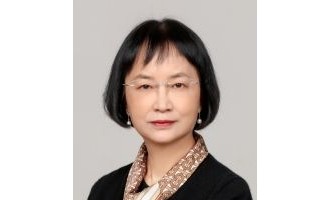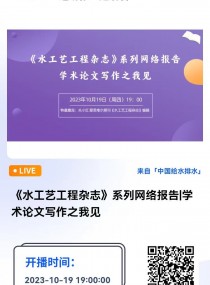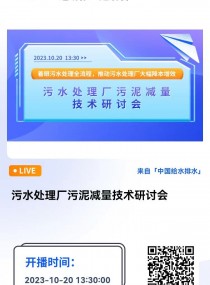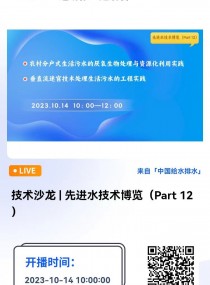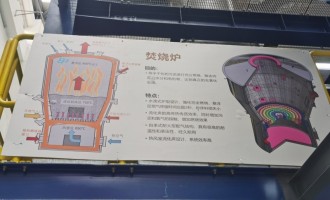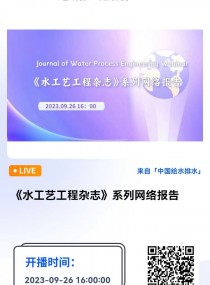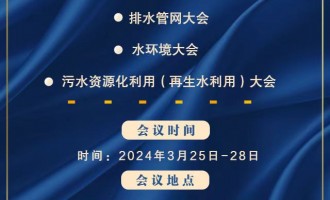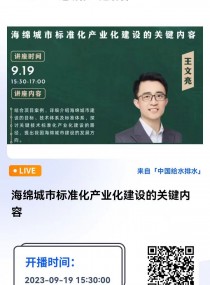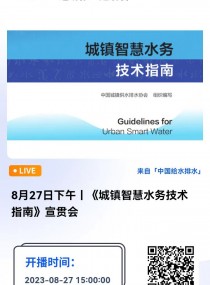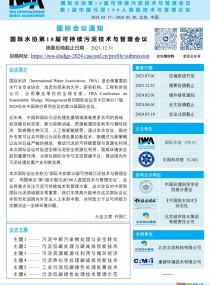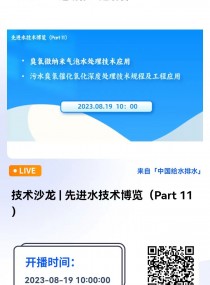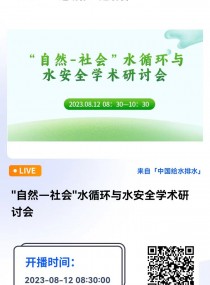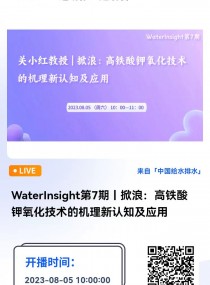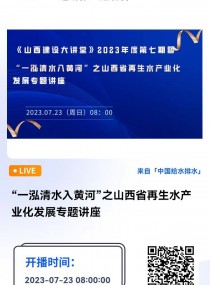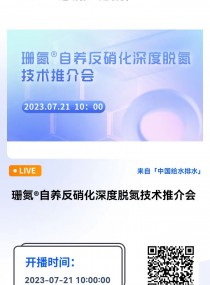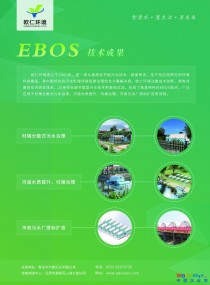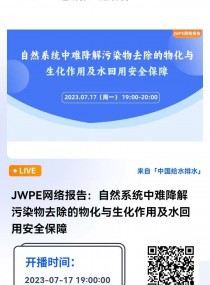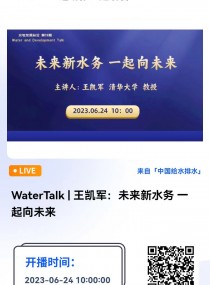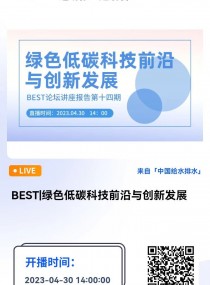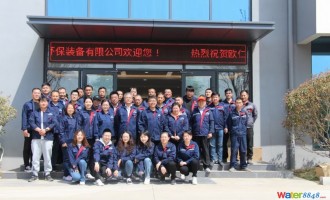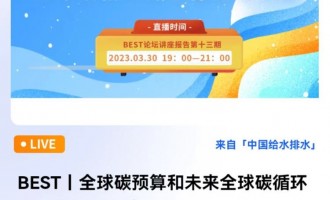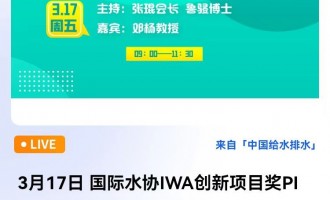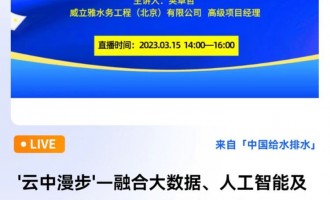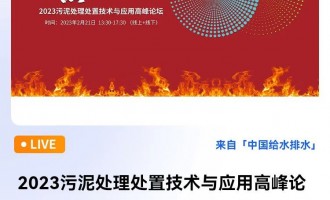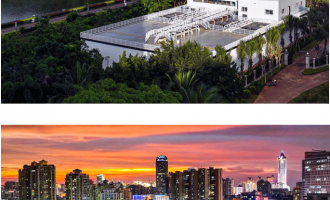 Urban wastewater: Council and Parliament reach a deal on new rules for more efficient treatment and monitoring
Urban wastewater: Council and Parliament reach a deal on new rules for more efficient treatment and monitoring
The Council and the European Parliament’s negotiators today reached a provisional political agreement on a proposal to review the urban wastewater treatment directive. The revised directive is one of the key deliverables under the EU's zero-pollution action plan.
Today’s agreement with the Parliament puts us on the right track to reach our zero-pollution objective for Europe. It paves the way for the highest standards to be set for treating urban wastewater and monitoring it so that it does not release harmful substances, like microplastics or PFAS, into the environment.
Alain Maron, minister of the Government of the Brussels-Capital Region, responsible for climate change, environment, energy and participatory democracy
While the current directive has proven highly effective in reducing water pollution and improving the treatment of wastewater discharges over the last three decades, this revision aims to update the directive by extending its scope and aligning it with the European Green Deal’s objectives.
By recognising the wastewater treatment sector’s potential to contribute to significantly reducing EU greenhouse gas (GHG) emissions, the new rules introduce a deadline to reach energy neutrality in the sector, as well as an extended producer responsibility (EPR) scheme to ensure fair contribution of the most polluting sectors to wastewater treatment for micropollutants.
The deal is provisional pending formal adoption by both institutions.
Scope of the directive
To address pollution from small agglomerations, the co-legislators extended the scope of the directive to include all agglomerations of 1 000 population equivalent (p.e.) and above, as opposed to the 2 000 p.e. in the current directive. For the purpose of this directive, population equivalent is a parameter used to define quantities of wastewater in terms of the potential water pollution load caused by one person per day, 'one population equivalent' being the daily organic biodegradable load having a five-day biochemical oxygen demand of 60 g of oxygen per day.
Wastewater collecting systems and management plans
The co-legislators agreed that the obligation to set up urban wastewater collecting systems should be extended to all agglomerations of 1 000 p.e. or more. They also postponed the deadline for compliance with this obligation from 2030 to 2035 to allow for sufficient time to adjust to the new requirements. They introduced a number of derogations, including for smaller agglomerations discharging into coastal waters, discharges in less sensitive areas, and for those member states that most recently joined the EU, such as Romania, Bulgaria and Croatia.
If the establishment of a collecting system is not justified, feasible or cost-effective, member states can use individual systems to collect and treat urban wastewater.
The text sets deadlines for member states to establish an integrated urban wastewater management plan covering agglomerations of over 100 000 p.e. by 2033, and at-risk agglomerations between 10 000 and 100 000 p.e. by 2039. Such integrated management plans will be reviewed at least every six years, in line with the Water Framework Directive.
Wastewater treatments
The Council and Parliament extended the obligation to apply secondary treatment (i.e. the removal of biodegradable organic matter) to urban wastewater before it is discharged into the environment to all agglomerations of 1 000 p.e. or more by 2035. Derogations apply to smaller agglomerations and member states that have recently joined the EU and have therefore already had to make more recent significant investments to implement the current directive (i.e. Romania, Bulgaria and Croatia).
The co-legislators also aligned the thresholds and timelines for tertiary treatment (i.e. the removal of nitrogen and phosphorus) and quaternary treatment (that is, the removal of a broad spectrum of micropollutants). By 2039 and 2045 respectively, Member states will have to ensure the application of tertiary and quaternary treatment in larger plants of 150 000 p.e. and above, with intermediate targets in 2033 and 2036 for tertiary treatment and in 2033 and 2039 for quaternary treatment. The co-legislators agreed to extend tertiary and quaternary treatment obligations by 2045 for smaller agglomerations of 10 000 p.e. and above that discharge in areas meeting certain risk-based criteria. They introduced a derogation from the tertiary treatment’s requirement when treated urban wastewater is reused for agricultural irrigation, provided that there are no environmental and sanitary risks.
Extended producer responsibility
To cover the additional costs entailed by quaternary treatment and in line with the ‘polluter pays principle’, producers of pharmaceuticals and cosmetics leading to urban wastewater pollution by micropollutants would need to contribute a minimum of 80% of the costs of this additional treatment, through an extended producer responsibility (EPR) scheme.
The co-legislators agreed to leave member states some flexibility on how to allocate the remaining costs. The costs for gathering and verifying data on products placed on the market will need to be borne by the producers, too. The co-legislators tasked the Commission with assessing the potential impact of this provision on the accessibility and affordability of medicines.
Energy neutrality and renewables
The co-legislators agreed that the urban wastewater treatment sector could play a significant role in significantly reducing GHG emissions and helping the EU achieve its climate neutrality objective. They introduced an energy neutrality target, meaning that by 2045 urban wastewater treatment plants will have to produce energy from renewable sources, based on regular energy audits, with progressive intermediate targets. This energy can be produced on or off-site, and up to 35% of non-fossil energy can be purchased from external sources. This percentage only applies to the final target.
Next steps
The provisional agreement will now be submitted to the member states’ representatives within the Council (Coreper) and to the Parliament’s environment committee for endorsement. If approved, the text will then need to be formally adopted by both institutions, following revision by lawyer-linguists, before it can be published in the EU’s Official Journal and enter into force.
Background
The urban wastewater treatment directive was adopted in 1991. The objective of this directive is to ‘protect the environment from adverse effects of wastewater discharges from urban sources and specific industries’. Under the current directive, member states are required to ensure that wastewater from all agglomerations above 2 000 inhabitants is collected and treated according to EU minimum standards. Member states also have to designate sensitive areas, according to criteria included in the Directive, for which stricter standards and deadlines apply.
The Commission conducted an evaluation of the directive in 2019. This evaluation confirmed that the implementation of the directive has led to a significant reduction in pollutant releases. One of the key reasons for the directive’s effectiveness lies in the simplicity of its requirements, which allows for straightforward enforcement. Today 98% of EU wastewaters are adequately collected and 92% adequately treated.
However, the evaluation showed that there are still sources of pollution that are not yet adequately addressed by the current rules. These include pollution from smaller agglomerations, storm water overflows and micropollutants that damage the environment. Additionally, the evaluation highlighted the urban wastewater sector as one of the largest consumers of energy in the public sector.
The new rules, proposed by the Commission in October 2022, aim to address these remaining issues and improve the sector’s contribution to achieving the EU's climate goals. The European Parliament and Council adopted their positions on the proposed revision on 5 and 16 October 2023, respectively.


